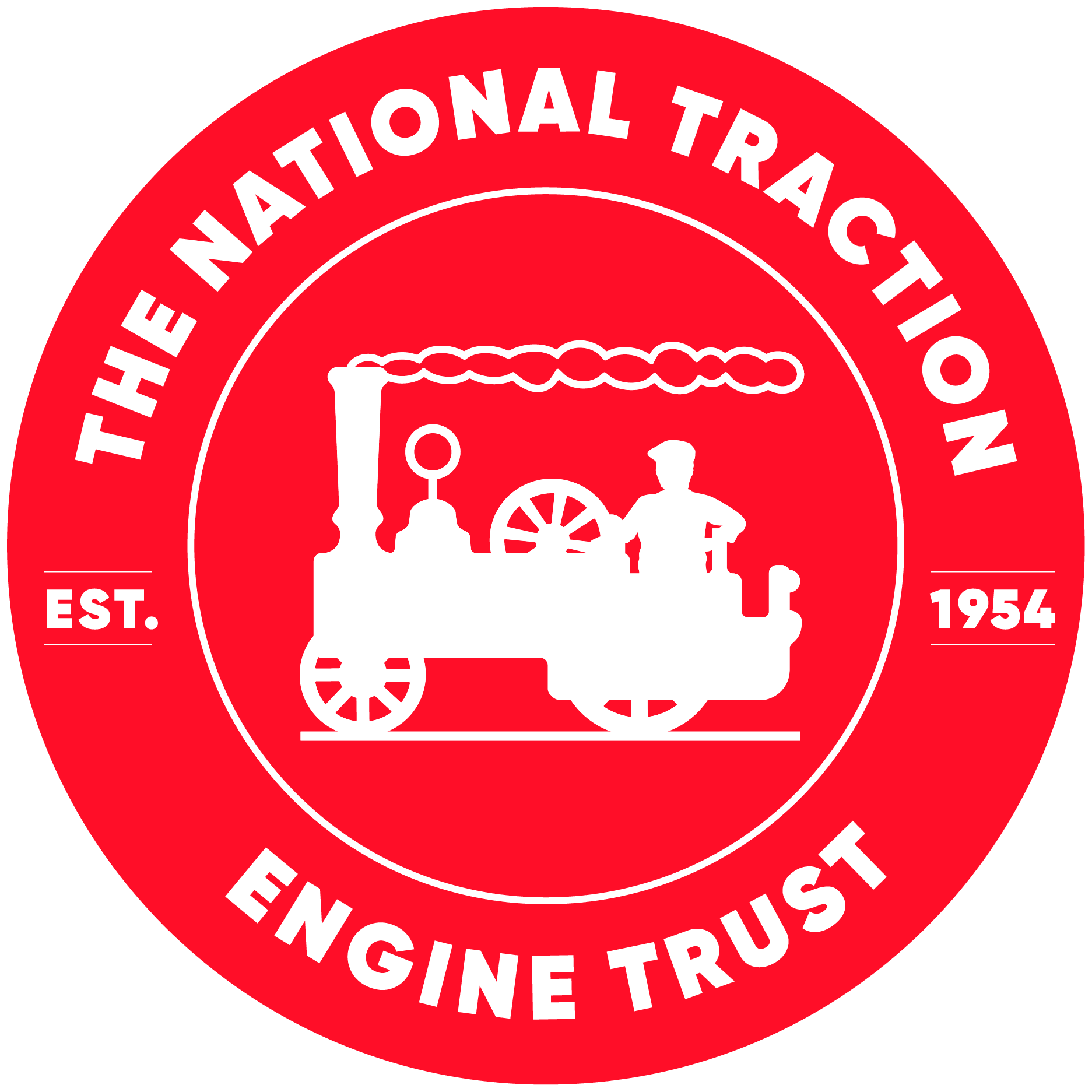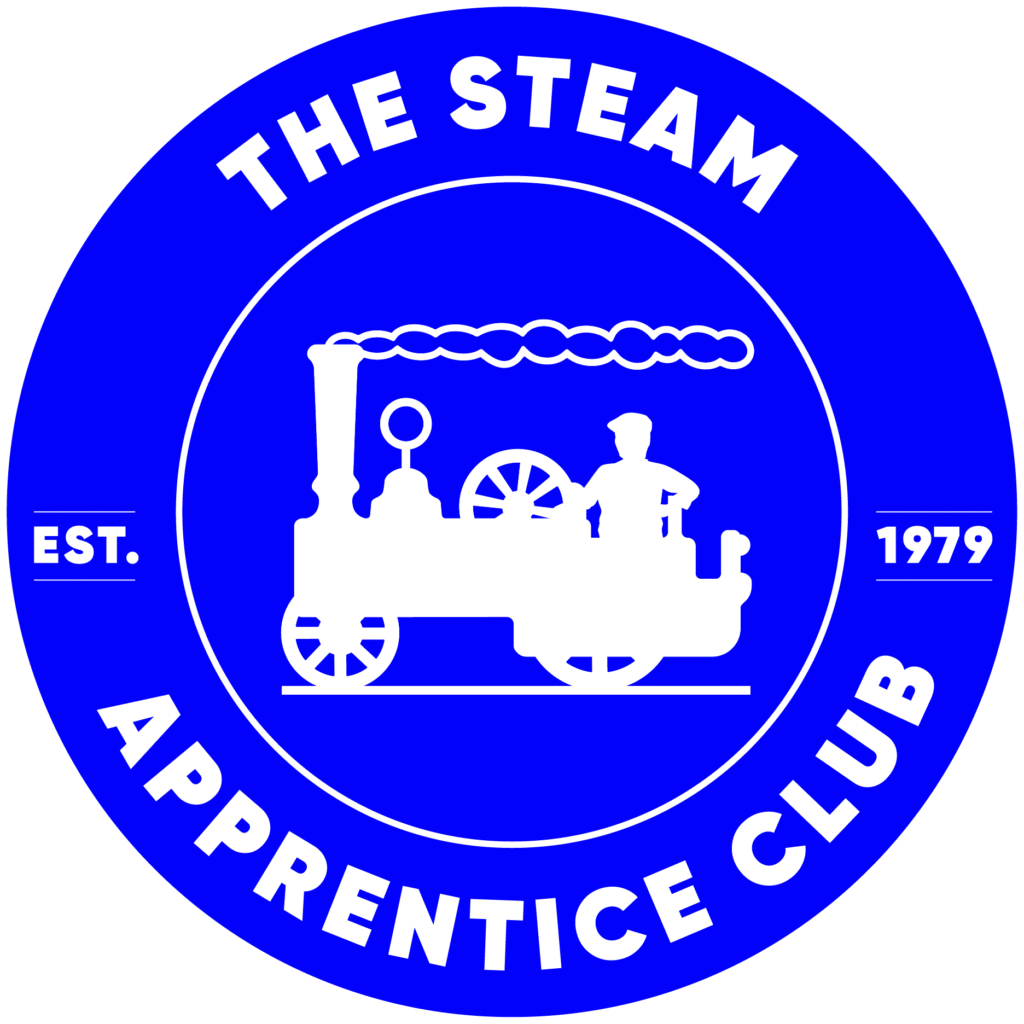Frequently Asked Questions
Everything you'll need to know about NTET.
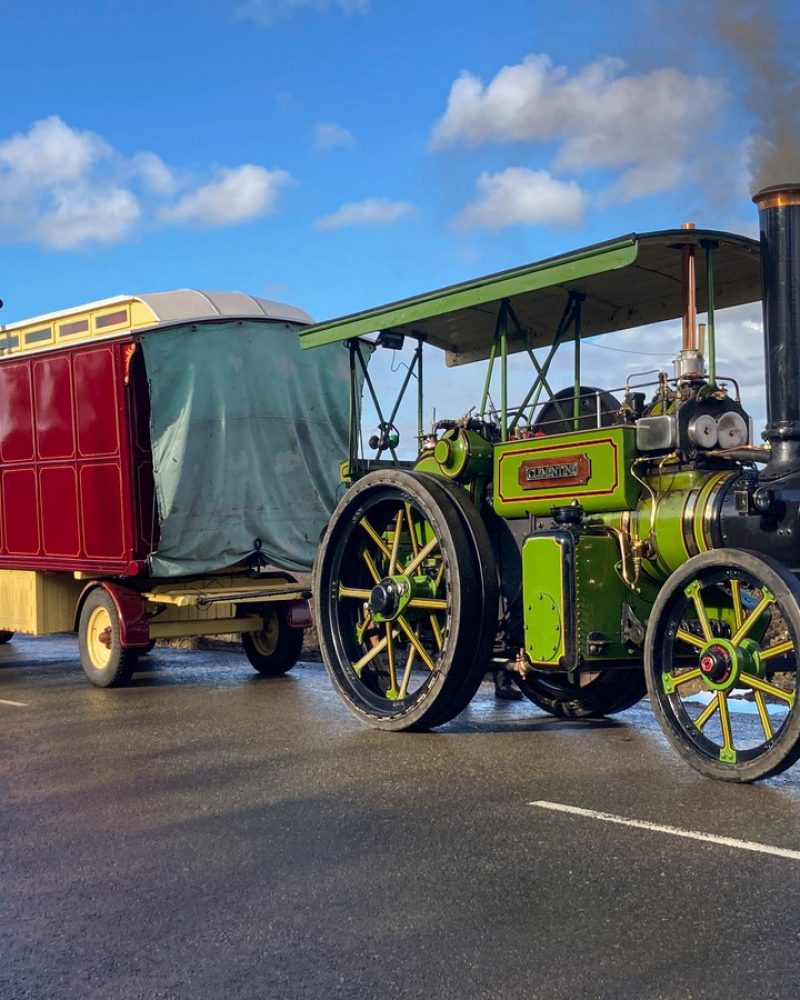
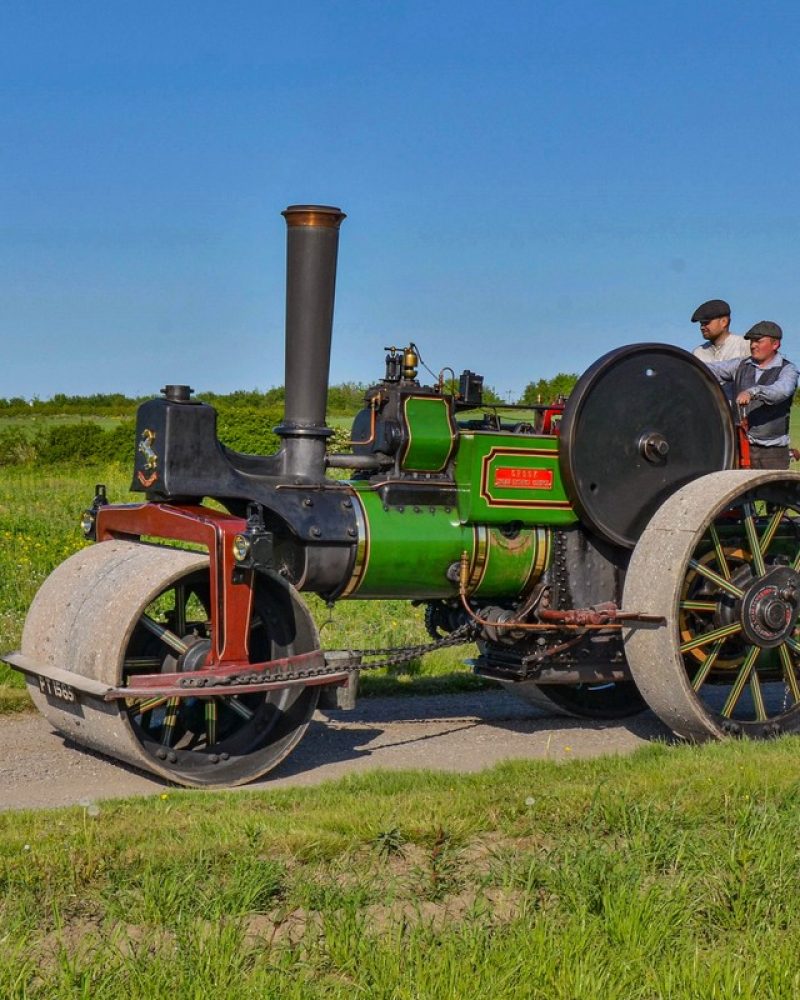
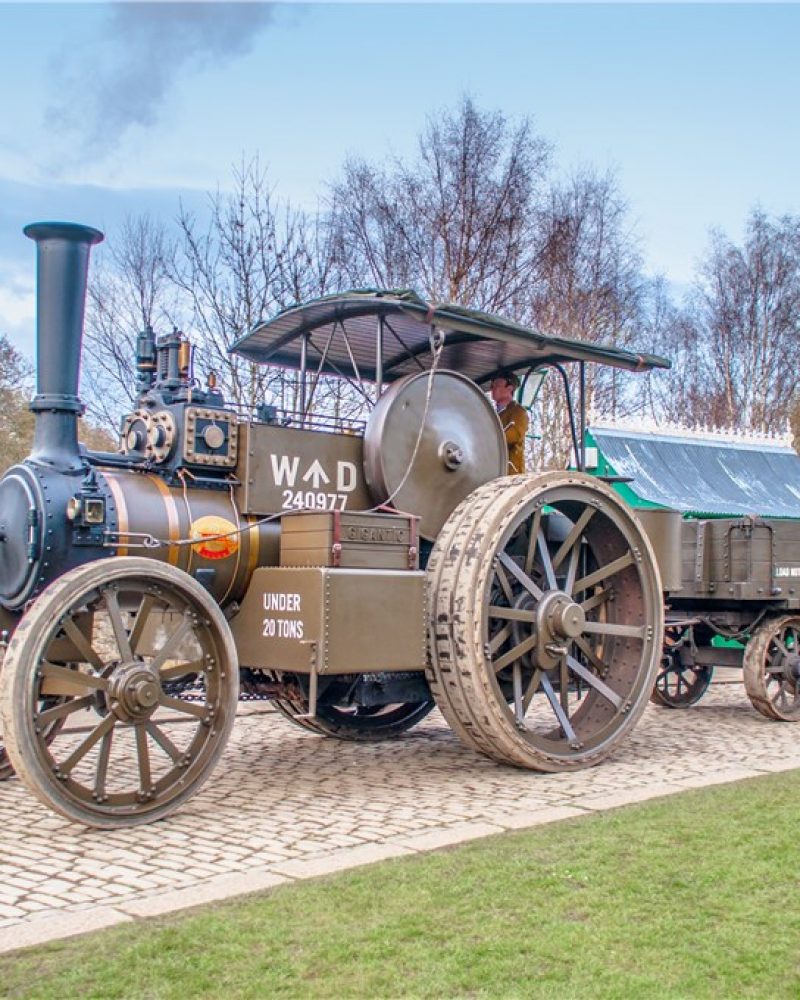
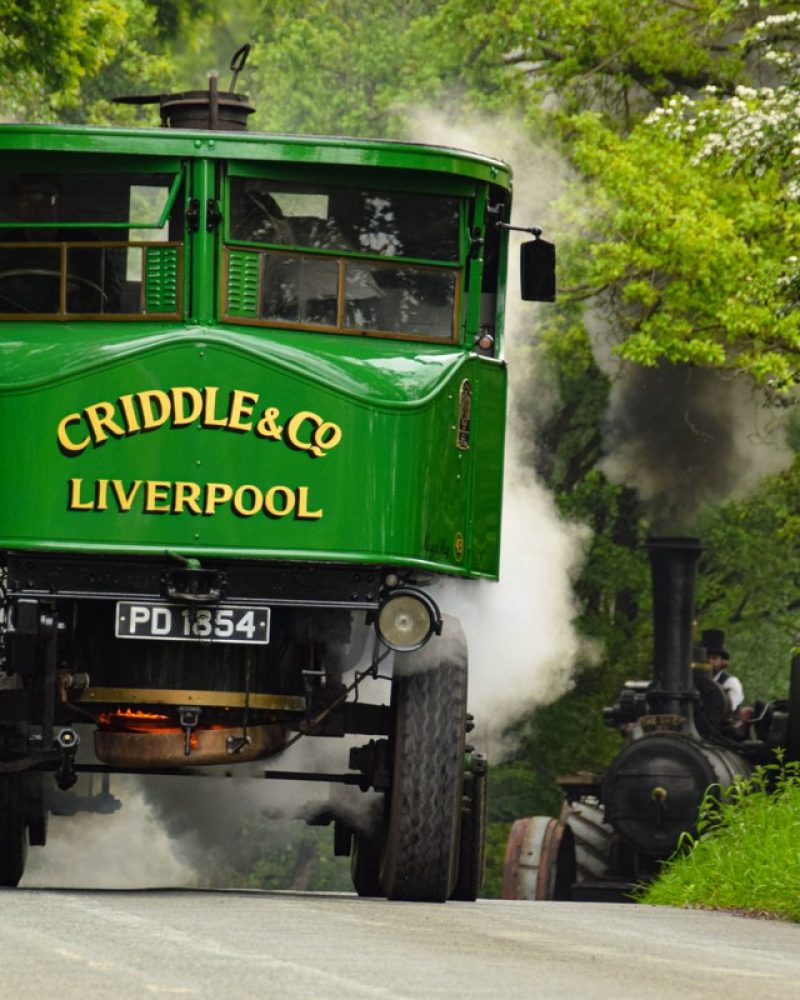
Helping Clubs
Question: What can the NTET do to help my club?
Answer: The Trust has a wealth of experience and expertise which is available to affiliated clubs, transport groups, U3A groups, museums, etc The Trust can provide: Speakers on a variety of traction engine topics, Information on how to operate driving and training days, Information on how to organise roads runs, Help with establishing junior groups similar to the SAC. If there is an area where your club requires help or assistance please contact public.relations@ntet.co.uk
The NTET Disc Scheme
Question: Is an engine legally required to have an NTET insurance disc?
Answer: No, but although it has no legal standing, the disc is widely accepted as confirmation of the insurances and boiler inspection status for the engine displaying the disc.
The NTET Insurance Disc Scheme has been in operation now for the best part of forty years and is a highly regarded scheme by road steam enginemen and event organisers.
The Disc Scheme is owned and operated by the NTET. In the majority of cases disc are issued by insurance brokers who are appointed as disc issuing agents for the NTET. This has the benefit of ensuring that the insurance provision is to the correct level and both Public Liability and RTA insurance (where appropriate) along with boiler explosion insurance is in place to meet the needs of the engine owner and the event organiser.
The NTET’s Insurance Officer also issues discs directly to owners who have not insured their engines with an appoiinted broker.
The insurance policies offered by the appointed insurance brokers are known as combined policies which provide cover for use in a public place as well as providing cover for boiler explosion, and injury by sparks and ashes.
These policies also have additional elements to provide cover against the loss of ancillary equipment and tools, as well as for driving machinery for display purposes.
They are very specific to the needs of the modern engine owner and also meet the needs of the event organiser. In addition to having insurances in place, a valid boiler inspection certificate is also required before a disc can be issued. The certificate must come from an inspector with known valid Professional Indemnity insurance cover and one who has lodged evidence of such with the NTET.
A full list of compliant independent boiler inspectors is regularly updated on the NTET web site under Insurance Services. It should be noted that all Corporate Inspection bodies are insurance providers and are self insuring so are not separately listed. The reason for needing sight of such paperwork is to ensure protection is in place for the engine owner and the NTET in the event of an incident occurring with the boiler which causes injury to persons or property as a result of any inspection failures.
An NTET Insurance Disc is issued at the time of insurance renewal but only if a valid inspection certificate is in force. As insurance and inspection periodicity are out of step (insurance 12 months, inspection 14 months), it is often the case that another disc is issued by the same agent when a new inspection certificate is issued. It is the engine owners responsibility to ensure his disc issuer has sight of a valid inspection certificate as no reminders are sent out. An engine owner will have a combined insurance policy in place but if the inspection certificate runs out of date then the boiler explosion element of the policy will become invalid. This will come to light when the disc is physically inspected or a check is carried out on the web based disc checking system. It will be the owners choice whether to continue to operate the engine without boiler insurance cover, but no event organiser would allow it on site without the insurance cover in place. To assist the event organiser to check the insurances and inspection status for each engine attending their event, it is possible to check well in advance by use of the NTET web based disc checking system. Should it be found that an engine will not have a valid disc for the event, the engine owner can be contacted in time to help get the paperwork in order.
This scheme is seen as quite a benefit to the event organisers by not tying up the Safety Officer on the first day of the event just checking insurance paperwork and it also lets the engine owner get on with enjoying the steaming of his engine.
PI Insurance
Question: What is PI and does a boiler inspector require this?
Answer: PI is professional indemnity insurance. Independent boiler inspectors take out an insurance policy which specifically includes pressure systems. This provides insurance cover for any possible claims for damages as a result of the boiler inspector’s work or advice. If the engine owner is unfortunate enough to be involved in an accident involving the pressure system as a result of negligence on the part of the boiler inspector, then his PI insurance will be able to deal with any claim. However, if the boiler inspector does not have PI insurance and he was negligent, then the engine owner will be liable for any claim made as a result of the accident. In the case of death or serious injury, the engine owner can expect a claim for several hundred thousand pounds in compensation! The NTET strongly recommends engine owners should use only boiler inspectors with PI insurance as it protects the engine owner. If it is not clear whether or not the boiler inspector has PI insurance then the engine owner should ask to see a copy of his policy. In addition, if the boiler inspector does not have PI insurance then the NTET will not issue an insurance disc. This is to protect the Trust as the issuer of the disc.
What is the Trust doing about conversions?
Question: What is the Trust doing about conversions?
Answer: This subject has been discussed on numerous occasions by many past committees of the Trust. At a previous AGM a statement following a motion was hoped to make the Trust’s position clear and hopefully deter further conversions. We now know the activity still continues. When the unique Fowler roller ‘Undaunted’ was converted the Trust’s General Council was asked to consider our position again.
We will continue to oppose roller conversions. We acknowledge that we cannot put the clock back and have to accept that conversions are part of our preserved history. We feel therefore our role must be to educate in many directions. We need to encourage the owners to be open in the description and history of their engine. We would like to encourage rally organisers provide accurate information to the general public and involve magazine editors to provide correct information.
We have a close association with the Road Locomotive Society who have strong views on the subject. I understand they are to publish a list of conversions initiated since 1951. We would want to assist in disseminating such information.
Another part of the Trust’s education process is to publish a leaflet on all types of steam propelled vehicles to include a section on conversions. It is intended to issue this widely in the early part of 2010.
